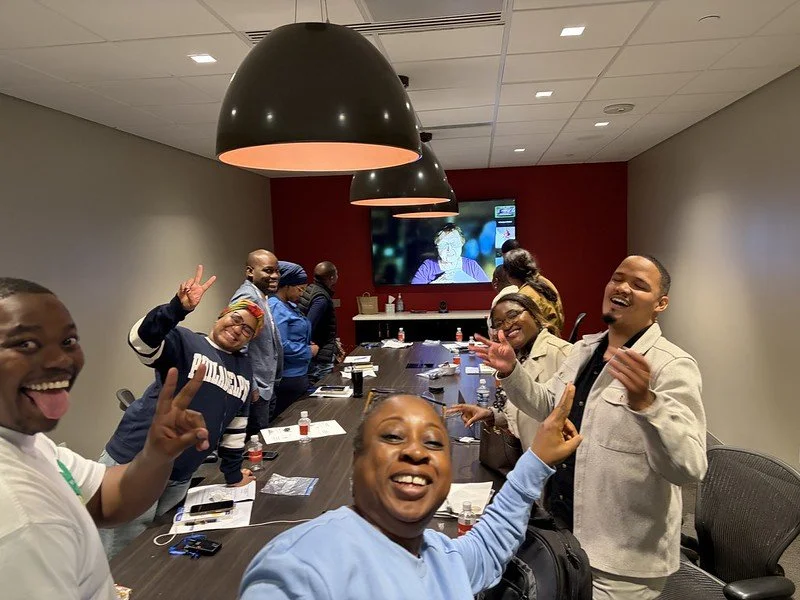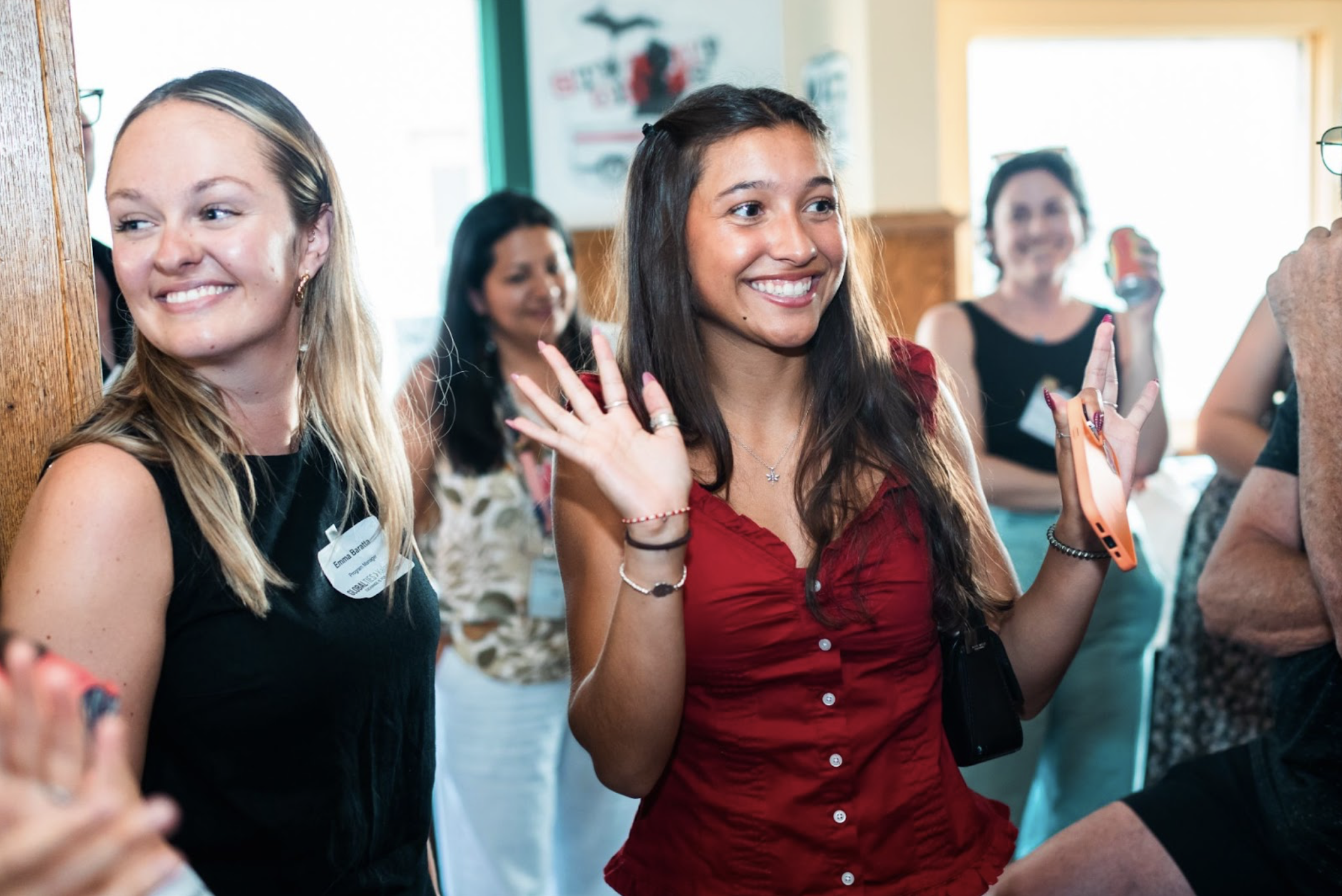Blog
From Bonfires to Belonging: How Kalamazoo Keeps Global Connections Burning Bright
A few winters ago, a backyard bonfire in Kalamazoo sparked hope. At Sarkozy’s Bakery, co-owner Alec Wells welcomed a cohort of international visitors from Lithuania. “That bonfire,” Alec remembers, “was the start of something much deeper.”
Gratitude Across Borders: Thankful for Our Global Connections
Thank you to the hosts, volunteers, partners, and international visitors who make our global community in Kalamazoo thrive. Together, we’ve turned moments of hospitality into lasting friendships that span continents.
Kalamazoo’s Role in Citizen Diplomacy: A Legacy of Connection
For over fifty years, Global Ties Kalamazoo has served as a beacon for Kalamazoo’s citizen diplomacy, linking neighbors, leaders, and visitors from around the world.
International Exchange and Local Businesses: Spotlight on Stryker
International exchange impacts schools, families, and Kalamazoo businesses too. When companies, like Stryker, participate in international exchange programs through Global Ties Kalamazoo, they join a vibrant network that sparks innovation, forges new partnerships, and builds both brand and community resilience.
Citizen Diplomacy Has a Big Impact in a Small City
Citizen diplomacy isn’t reserved for world leaders or global capitals. Here in Kalamazoo, every resident has the opportunity to build cross-cultural friendships and learn from people whose lives are both different and deeply relatable—just by saying yes to a new connection.
What I Learned this Summer at Global Ties Kalamazoo
Global Engagement Intern Sofía Hartman shares reflections on what she has learned working and growing with Global Ties Kalamazoo.
Take action: Your voice will help keep exchange happening in Kalamazoo
You can help keep international exchange in Kalamazoo. Contact your representatives regarding federal funding of exchange programs.
Why visit Kalamazoo?
Human and Civil Rights • Youth Empowerment • Transboundary Water Issues • American Pluralism • Renewable Energy • Disinformation in Media • Transparency & Accountability in Government • Women in Entrepreneurship • Engagement in the Arts • Higher Education and Study Abroad • Social Services
Land Acknowledgement
At Global Ties Kalamazoo, we live and work on the land of the Council of the Three Fires—the Ojibwe, the Odawa, and the Potawatomi. The city name Kalamazoo is anglicized from various indigenous references to its namesake river, and is located in southwestern Michigan—the Michigamme, “the place where food grows on water,” a reference to the abundant wild rice in our state. Indigenous nations of the Great Lakes region are also known as the Anishinaabe (original people) and their language is Anishinaabemowin.








